MARK PEEL is professor of modern cultural and social history and head of the School of History at the University of Liverpool. A former professor of history at Monash University, he is the author of three books, most recently The Lowest Rung: Voices of Australian Poverty.
The University of Chicago Press, Chicago 60637
The University of Chicago Press, Ltd., London
2012 by The University of Chicago
All rights reserved. Published 2012.
Printed in the United States of America
21 20 19 18 17 16 15 14 13 12 1 2 3 4 5
ISBN-13: 978-0-226-65363-1 (cloth)
ISBN-10: 0-226-65363-3 (cloth)
ISBN-13: 978-0-226-65366-2 (e-book)
Library of Congress Cataloging-in-Publication Data
Peel, Mark, 1959
Miss Cutler and the case of the resurrected horse : social work and the story of poverty in America, Australia, and Britain / Mark Peel.
p. cm.(Historical studies of urban America)
Includes bibliographical references and index.
ISBN-13: 978-0-226-65363-1 (cloth : alk. paper)
ISBN-10: 0-226-65363-3 (cloth : alk. paper) 1. PoorServices forUnited States. 2. PoorServices forEngland. 3. PoorServices forAustralia. 4. Social case workUnited States. 5. Social case workEngland. 6. Social case workAustralia. I. Title. II. Series: Historical studies of urban America.
HV43.P44 2012
362.553dc22
2011016218

This paper meets the requirements of ANSI/NISO Z39.48-1992 (Permanence of Paper).
MISS CUTLER
& the Case of the
Resurrected Horse
SOCIAL WORK AND THE STORY OF POVERTY IN AMERICA, AUSTRALIA, AND BRITAIN
MARK PEEL
MISS CUTLER
& the Case of the Resurrected Horse

HISTORICAL STUDIES OF URBAN AMERICA
Edited by Timothy J. Gilfoyle, James R. Grossman, and Becky M. Nicolaides
ALSO IN THE SERIES
The Transatlantic Collapse of Urban Renewal: Postwar Urbanism from New York to Berlin
by Christopher Klemek
Ive Got to Make My Livin: Black Womens Sex Work in Turn-of-the-Century Chicago
by Cynthia Blair
Puerto Rican Citizen: History and Political Identity in Twentieth-Century New York City
by Lorrin Thomas
Staying Italian: Urban Change and Ethnic Life in Postwar Toronto and Philadelphia
by Jordan Stanger-Ross
New York Undercover: Private Surveillance in the Progressive Era
by Jennifer Fronc
African American Urban History since World War II
edited by Kenneth L. Kusmer and Joe W. Trotter
Blueprint for Disaster: The Unraveling of Public Housing in Chicago
by D. Bradford Hunt
Alien Neighbors, Foreign Friends: Asian Americans, Housing, and the Transformation of Urban California
by Charlotte Brooks
The Problem of Jobs: Liberalism, Race, and Deindustrialization in Philadelphia
by Guian A. McKee
Chicago Made: Factory Networks in the Industrial Metropolis
by Robert Lewis
The Flash Press: Sporting Male Weeklies in 1840s New York
by Patricia Cline Cohen, Timothy J. Gilfoyle, and Helen Lefk owitz Horowitz in association with the American Antiquarian Society
Slumming: Sexual and Racial Encounters in American Nightlife, 18851940
by Chad Heap
To SCOTT, for everything,
and for my friend LOUISE PERSSE,
who always rather liked Miss Cutler
Acknowledgments
A book that takes years to write, and a research project that began a long time ago, will always generate debts that might now be forgotten. So I shall try and start at the beginning. I first looked at the case files of the Citizens Welfare Service in 1994 at the suggestion of Tony Birch, then in History at Melbourne University. I will be forever grateful to him for trusting me with the idea and the inspiration. The first people who heard about the idea were my colleagues at the Urban Research Program at the Australian National University; it might have seemed a diversion, but Patrick Troy, Tim Bonyhady, Alastair Greig, Steven Bourassa, Nicholas Brown, and Max Neutze always encouraged me to pursue it.
To the organizations whose case files are featured in this study, I am exceedingly grateful: Melbournes Citizen Welfare Service, Londons Family Welfare Association (especially Helen Dent, chief executive, and Loraine Toone); the Massachusetts Society for the Prevention of Cruelty to Children (especially former president David Robinson; Nancy Scannell, director of planning; and Michael Ames, director of research); the Home for Little Wanderers (especially then president Robert Raye); and the Minneapolis Family and Childrens Service (especially the director, Terrence J. Steeno). There would be no archives without archivists, who were to a person generous, knowledgeable, and patient; those overseas were also remarkably welcoming to a long-distance traveler. I especially want to thank the staff at the University of Melbournes Special Collections; Elizabeth Mock and Dale Freeman from the University of Massachusetts, Boston, Archives and Special Collections; David Klaassen from the Social Welfare History Archives, University of Minnesota Libraries; Bridget Howlett and the excellent staff at the London Metropolitan Archives; and Tim Bakke, who did an immense amount to help me at the Oregon State Archives. During my trips to London, Boston, and Minneapolis, I benefited from some very generous people: to Clay and Carolyn McShane in Boston, my undying thanks for a place to stay, great conversations, and Carolyns baked beans. Thanks also to David Klaassen for a couple of car trips on some very cold Minneapolis days and for organizing a seminar attended by the great Clarke Chambers; to Pat Thane in London for the seminar, the dinner, and so much good advice; and to Selina Todd, then at Manchester, for the opportunity to visit and speak.
Most of the research and writing for this book took place while I was a member of the Department of History and then the School of Historical Studies at Monash University, Melbourne. I benefited from the interest and advice of a wonderful community of scholars, not least in a school seminar in 2005 that emboldened me to continue writing the dramatizations that are featured in this book. Barbara Caine read much of this manuscript in draft and improved it as only someone of her commanding intellect could. Leah Garrett read my introduction and helped me revise many of the themes of the entire project. I was asked telling questions and given great advice all the way through this project by Monash colleaguesI think especially of Bain Attwood, Graeme Davison, Jane Drakard, David Garrioch, Michael Hau, Peter Howard, Carolyn James, Pauline Nestor, Seamus OHanlon, Marian Quartly, and Christina Twomeyand by a host of historians and friends in other places: John Murphy, who generously read drafts and shared his own work in progress; Mike Savage, who also shared some of his own writing prior to publication; and Janet McCalman, who always knows how to make me think more and write better. For her general enthusiasm and good sense, my thanks to Rosemary Johnston, and for always being interested in everything, my thanks to my mother, Jean Peel. I am also grateful for the thoughts and reactions of my many postgraduate students, but especially to Megan Blair and Barbara Russell, who acted a part and taught me a few things; Stephen Powell and Piers Lumley, both of whom did sterling service as research assistants; and Paul Sendziuk, who arranged an invitation to speak in Adelaide. I am also grateful to the Australian Research Council for Large Grant A00103361, which funded the research time and travel necessary to make this a comparative account.


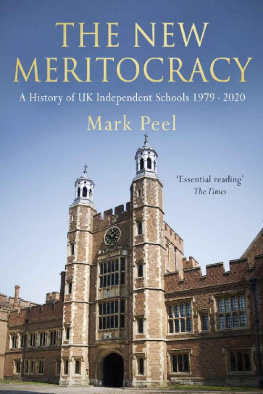
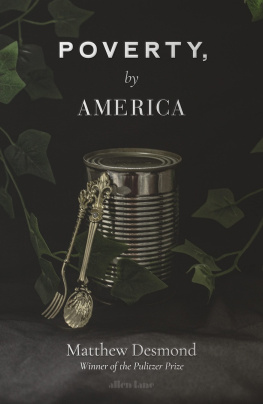
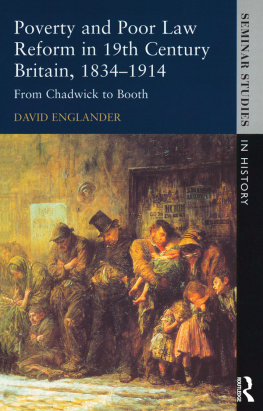
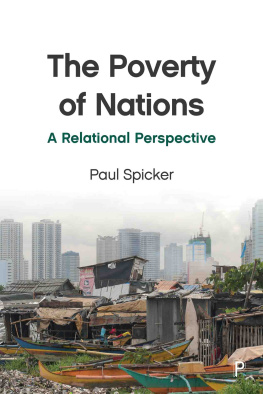
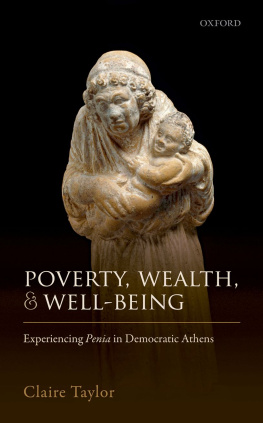
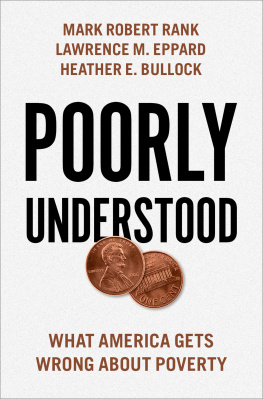
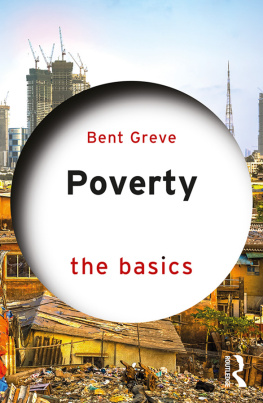
 This paper meets the requirements of ANSI/NISO Z39.48-1992 (Permanence of Paper).
This paper meets the requirements of ANSI/NISO Z39.48-1992 (Permanence of Paper).
 HISTORICAL STUDIES OF URBAN AMERICA
HISTORICAL STUDIES OF URBAN AMERICA